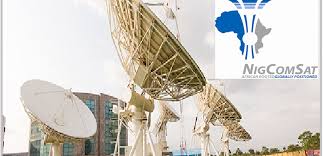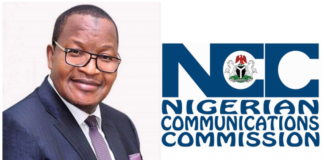Nigeria has pushed back the timeline for replacing its ageing communications satellite, NigComSat-1R, to 2028—three years later than initially planned. Launched in 2011 with a 15-year design cycle, the Chinese-built satellite is nearing the end of its lifespan, but careful fuel management has stretched its operations.
“A geostationary satellite typically lasts 15 to 20 years. Because we’ve managed it well, we can keep this satellite running until 2028. Our ultimate goal is to have a replacement in place by then,” said Jane Nkechi Egerton-Idehen, Managing Director and CEO of Nigerian Communications Satellite Limited (NigComSat).
NigComSat-1R remains central to Nigeria’s digital infrastructure, carrying broadcasting, broadband, defence, and navigation services. Broadcasting, powered by the Ku-band, has been its strongest segment, supporting the Nigerian Television Authority, the National Broadcasting Commission, and over 100 other broadcasters. Broadband use has grown more slowly, hampered by the satellite’s limited 1.5 GHz capacity and high latency compared with low-earth orbit rivals like Starlink.
The replacement process—choosing a vendor, design, build, and launch—normally takes four to six years, but Egerton-Idehen believes Nigeria can complete it in 30–36 months, given preparatory work started in 2019. NigComSat is in final vendor and investor negotiations, with funding expected from a mix of export-credit agencies and commercial banks.
Beyond sustaining services, Nigeria is also racing to protect its orbital slots assigned by the International Telecommunication Union (ITU). Losing them could weaken its position as West Africa’s only country with a national communications satellite.
Despite criticism that NigComSat has not engaged enough with broadcasters and end-users in planning the next satellite, officials see the project as key to Nigeria’s regional ambitions. With no other West African country operating a national satellite, Nigeria is positioning itself to dominate broadcast and broadband services across the region.
















